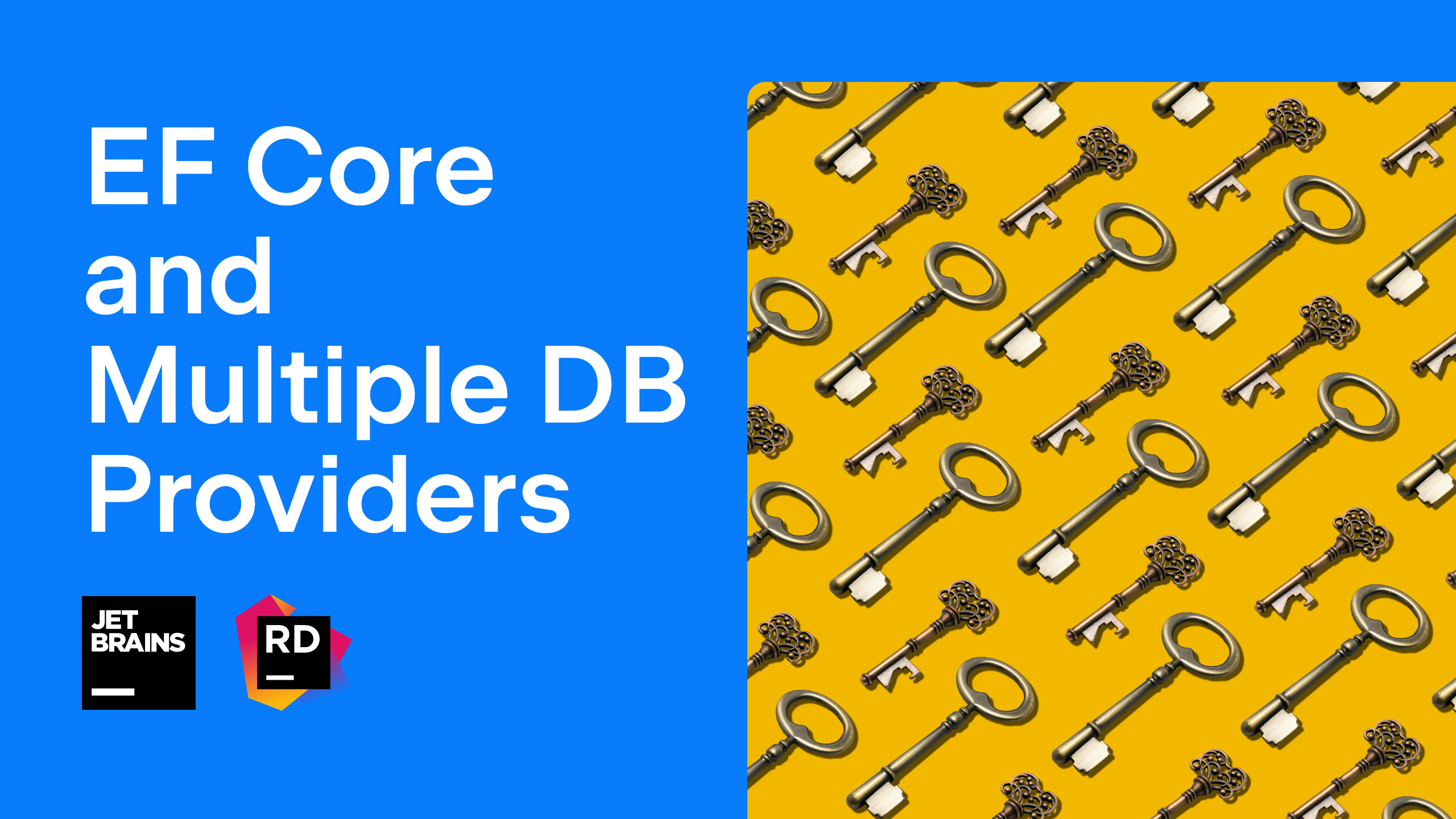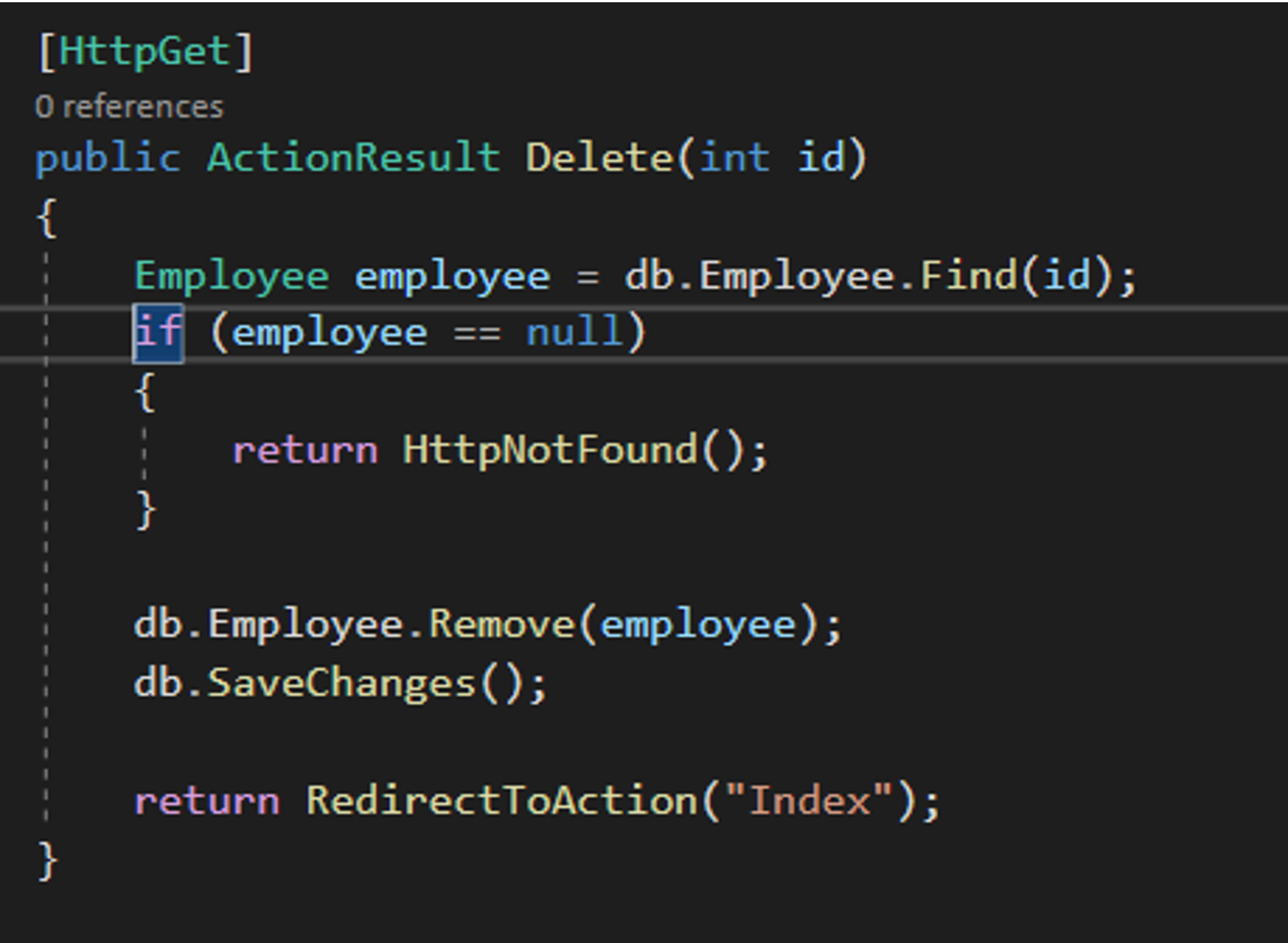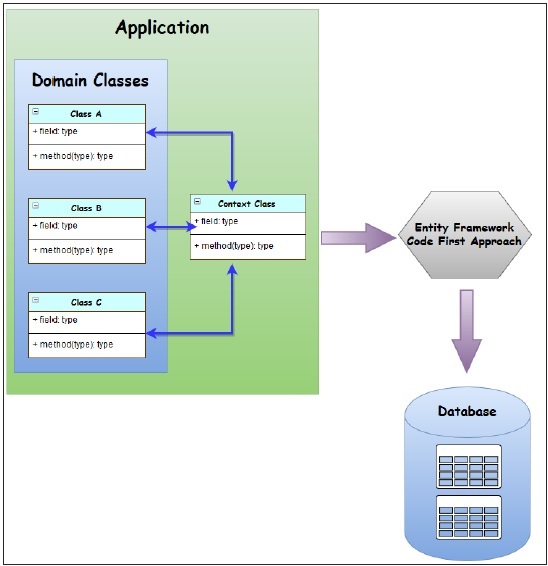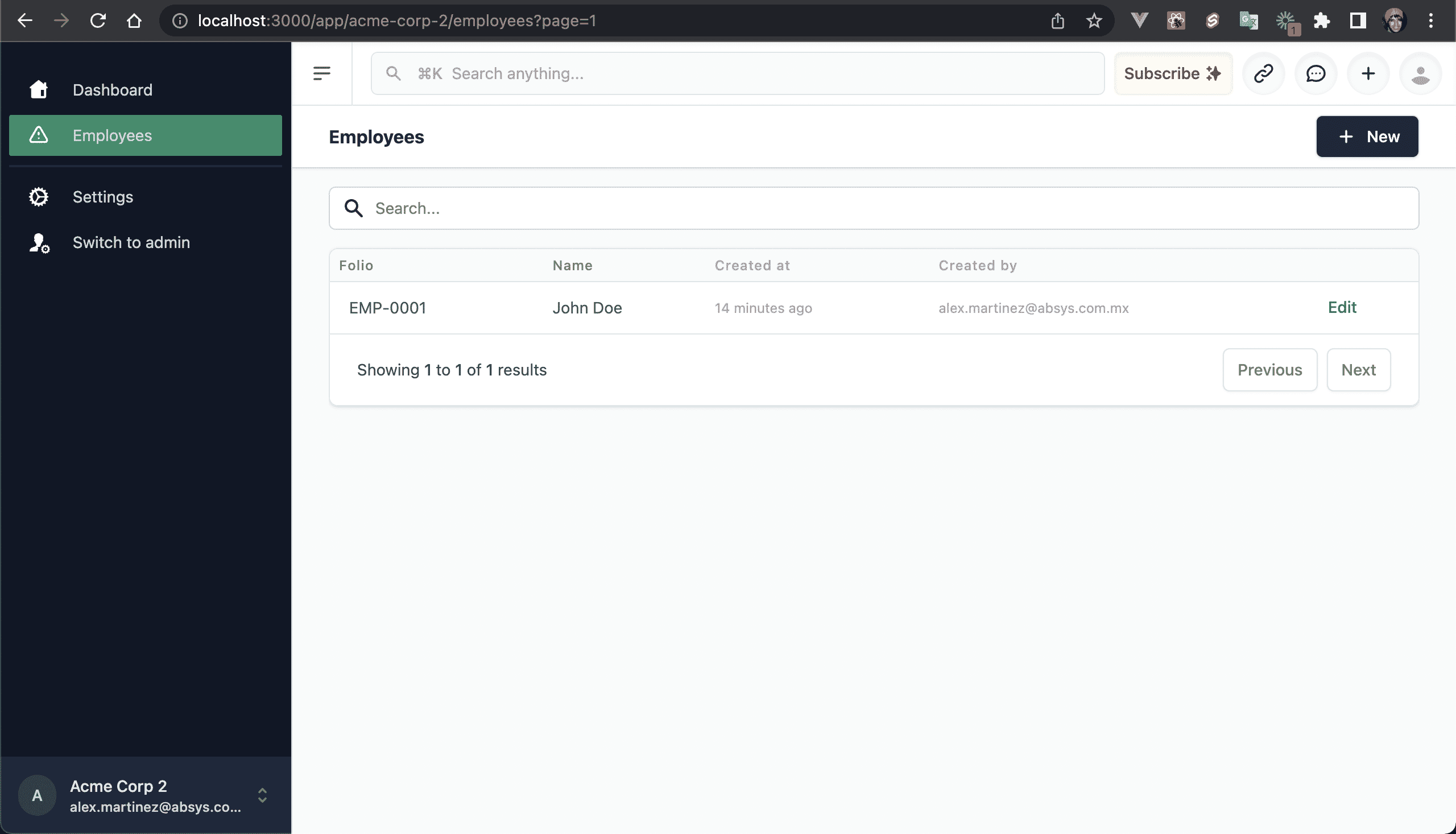
Life Online 【Entity Framework】Update particular store procedure in edmx
ExecuteUpdate and ExecuteDelete are a way to save data to the database without using EF's traditional change tracking and SaveChanges() method. For an introductory comparison of these two techniques, see the Overview page on saving data.. ExecuteDelete. Let's assume that you need to delete all Blogs with a rating below a certain threshold.

Entity Framework Core and Multiple Database Providers The Tools Blog
Builds an UpdateDataOperation to update multiple rows of seed data for a table with a composite (multi-column) key. UpdateData(String, String[], Object[,], String[], Object[,], String) Builds an UpdateDataOperation to update multiple rows of seed data for a table with a composite (multi-column) key.

Update Model From Database in Entity Framework YouTube
To update multiple rows in Entity Framework from a list of IDs, you can use a combination of LINQ queries and a foreach loop to retrieve the entities that match the IDs, update their properties, and then save the changes back to the database.. Here's an example code that demonstrates how to update multiple rows in Entity Framework from a list of IDs:

Entity Framework Update Model From Database Code First Noticias Modelo
In this week's newsletter, we're going to explore the new ExecuteUpdate and ExecuteDelete methods that were released with EF7. ExecuteUpdate allows us to write a query and run a bulk update operation on the entities matching that query. Similarly, ExecuteDelete allows us to write a query and delete the entities matching that query. We can significantly improve performance using the new methods.
[Solved] Entity framework update failure 9to5Answer
Here In this article, I have explained how to update multiple rows at once using entity framework in asp.net MVC application. If you have asp.net webforms project and using stored procedure, please visit how to update bulk data (multiple rows) to a SQL server database in asp.net webform.

MVC Pattern Entity Framework Extensions mvcpattern Tutorial
Update. As requested in the comment it might make sense to show how to update multiple columns. So let's say for the purpose of this exercise that we want not just to update the status at ones. We want to update name and status where the friendid is matching. Here are some syntax options for that: Option 1

Developer Points Entity Framework Create, Update and Delete Record
For scenarios where you need more control -- for example, if you want to include operations done outside of Entity Framework in a transaction -- see Working with Transactions on MSDN. Get the code. Download the Completed Project. Additional resources. Links to other Entity Framework resources can be found in ASP.NET Data Access - Recommended.

How to Update a Row in your Database with Entity Framework Core
As explained in the CRUD tutorial, the Entity Framework implicitly implements transactions. For scenarios where you need more control -- for example, if you want to include operations done outside of Entity Framework in a transaction -- see Transactions. Get the code. Download or view the completed application. Next steps. In this tutorial, you:

Update Multiple Rows in Entity Data Model YouTube
ADO.NET, Entity Framework, LINQ to SQL, Nhibernate https:. I want to update multiple rows having different values in single update query, and also I want to retrive those multiple . records on their respective pages on Page Load. Many thanks,,, Thursday, January 12, 2012 2:51 PM.

c How to update an Entity Framework model from a MySQL database
Update multiple rows in Entity Framework from a list of ids. Related. 106. how to update the multiple rows at a time using linq to sql? 3. Query update multiple rows. 137. Update multiple rows in Entity Framework from a list of ids. 0. Entity Framework Update Multiple Rows. 3.
[Solved] Database First Entity Framework Update Model is 9to5Answer
The IQueryable.ToQueryString method introduced in Entity Framework Core 5.0 may help with this scenario, if you are willing to have some raw SQL appearing in your code. This method will generate SQL that can be included in a raw SQL query to perform a bulk update of records identified by that query. For example:
[Solved] Updating multiple rows at once with Entity 9to5Answer
To update multiple rows in Entity Framework earlier we used to loop through the collection and set updated value for each row then finally call save changes. Now there is a UpdateRange() method , which accept multiple entities, and update them together in database, Here is how you can update collection object in entity framework core..

How do I delete multiple rows in Entity Framework Core? YouTube
So if you need to update 10000 entities, then 10000 database round-trips will be performed which is INSANELY slow. StackOverflow Related Questions. Batch update/delete EF5; EntityFrameWork Update Multiple Rows; Answer. Entity Framework Extensions library adds the BulkUpdate extension method to the DbContext.

Entity Framework Core Update Model From Database Code First
If you want to Add / Remove / Update rows from your tables in Entity Framework, you have to Add / Remove / Update the items in your DbSet, not in fetched data.. using (var dbContext = new OrderContext()) { // Add one Order Order orderToAdd = new Order { // fill required properties; don't fill primary key } var addedOrder = dbContext.Orders.Add(orderToAdd); // note: addedOrder has no Id yet.

Tutorial Read related data with EF in an MVC app Microsoft Learn
I am wondering what the best way to update multiple records with Entity Framework is. This is how I normally do it, and it does work: private static void SetNcprpCodesAsComplete(string[] ncprpCodes) { using (var ent = new Data.Entities()) { var query = from ba in ent.BuildingAssessments where ncprpCodes.Contains(ba.NcprpCode) select ba.TabletAssessment; foreach (var ta in query) ta.Complete.

Shared Entity Rows Guides Learning Center SaasRock
The above loads a blog from the database, changes its URL, and then adds two new blogs; to apply this, two SQL INSERT statements and one UPDATE statement are sent to the database. Rather than sending them one by one, as Blog instances are added, EF Core tracks these changes internally, and executes them in a single roundtrip when SaveChanges is.